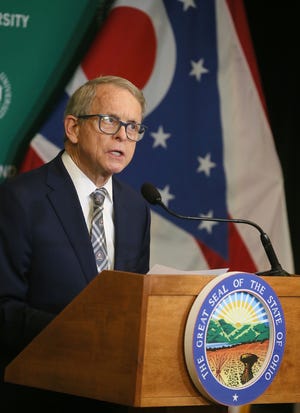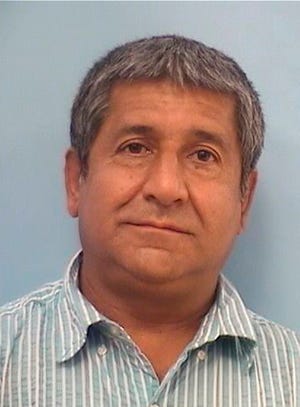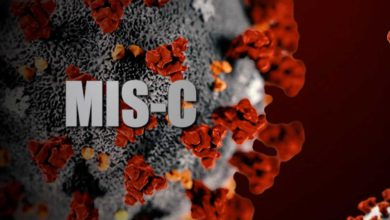

Ohio Gov. Mike DeWine made national headlines when he announced that five Ohioans could win $1 million just for getting one dose of a coronavirus vaccine.
The governor called it a creative way to increase the state's vaccination rate – currently around 41% of the state's population. A number of Ohio Republicans and Democrats called it a waste of taxpayer dollars.
Others, asked a more basic question: Is this "Vax-A-Million" giveaway legal?
'Vax-A-Million' is not a lottery
Ohio's constitution has clear rules about who can and cannot run a statewide lottery. Basically, the only entity with permission is the Ohio Lottery Commission, and its proceeds go to fund public education.
This isn't a lottery, DeWine spokesperson Dan Tierney said. It's not a raffle or a sweepstakes as defined in state law. It's a drawing. The commission is just helping to pick the winners.
No tickets are being sold. No money is being raised.
Think of it like a charitable sweepstakes – though Ohio's rules for drawings are slightly different. DeWine said the Ohio Department of Health will administer the giveaway, and the agency will pay for it with federal relief dollars it already has for vaccine promotion.
"It doesn’t appear to violate state law, though it depends on how it’s designed," Attorney General Dave Yost said in a statement.
Those details haven't been released yet. A lottery spokesperson declined to answer questions Thursday but said technical details will be discussed at a press briefing next week.
Still, Ohio's top attorney wasn't convinced giving away $5 million was a good idea – even if it was legal.
"Just because a thing may be legally done does not mean it should be," Yost said. "The wisdom of it is a question for the governor and the General Assembly."
Ohio is using federal dollars to give away $1 million
Federal guidelines for spending CARES Act coronavirus relief dollars are pretty open-ended.
For example, a city might get money to prevent the spread of COVID-19 but how that happens is up to local officials. They could buy hand sanitizing stations, install see-through barriers or even give employees paid days off to get vaccinated.
The same is true for state dollars.
DeWine told reporters he believes "Vax-A-Millon" falls under vaccine promotion and that getting more shots into the arms of Ohioans is the key to slowing the spread of COVID-19.
"We have spent a lot of money fighting this virus in a lot of different ways," DeWine said. "We have always felt it was worth it because we know the huge human cost of this virus."
Andy Slavitt, who oversees vaccine distribution for the White House, told CNN he generally supports vaccine incentives, but he couldn't say specifically whether offering them $1 million was legal.
White House spokesperson Jen Psaki told reporters that "in this phase of the vaccinations, at the state and local level leaders are going to take new, creative approaches to getting more shots in arms.
"The Department of Treasury has comprehensive guidelines," Psaki continued, "but does not typically opine on each individual program or creative approach by different states."
The Department of Treasury did not respond to a request for comment.
Approval from Ohio's state lawmakers?
The House and Senate technically hold Ohio's purse strings, but state agencies have some latitude when it comes to how they spend them.
ODH received the "Vax-A-Million" money from either the General Assembly or Ohio's Controlling Board, a seven-member panel that allocated most of the CARES Act money. What they were designated for before the $5 million drawing, DeWine didn't say.
But state lawmakers aren't thrilled by the use of the stimulus money or DeWine's end-run around their approval.
None of them have announced plans to stop the drawing, but Senate President Matt Huffman, R-Lima, said he's mulling over the legal loopholes that let it happen.
"We're going to try to comb those out (in the budget) this year," he said.









